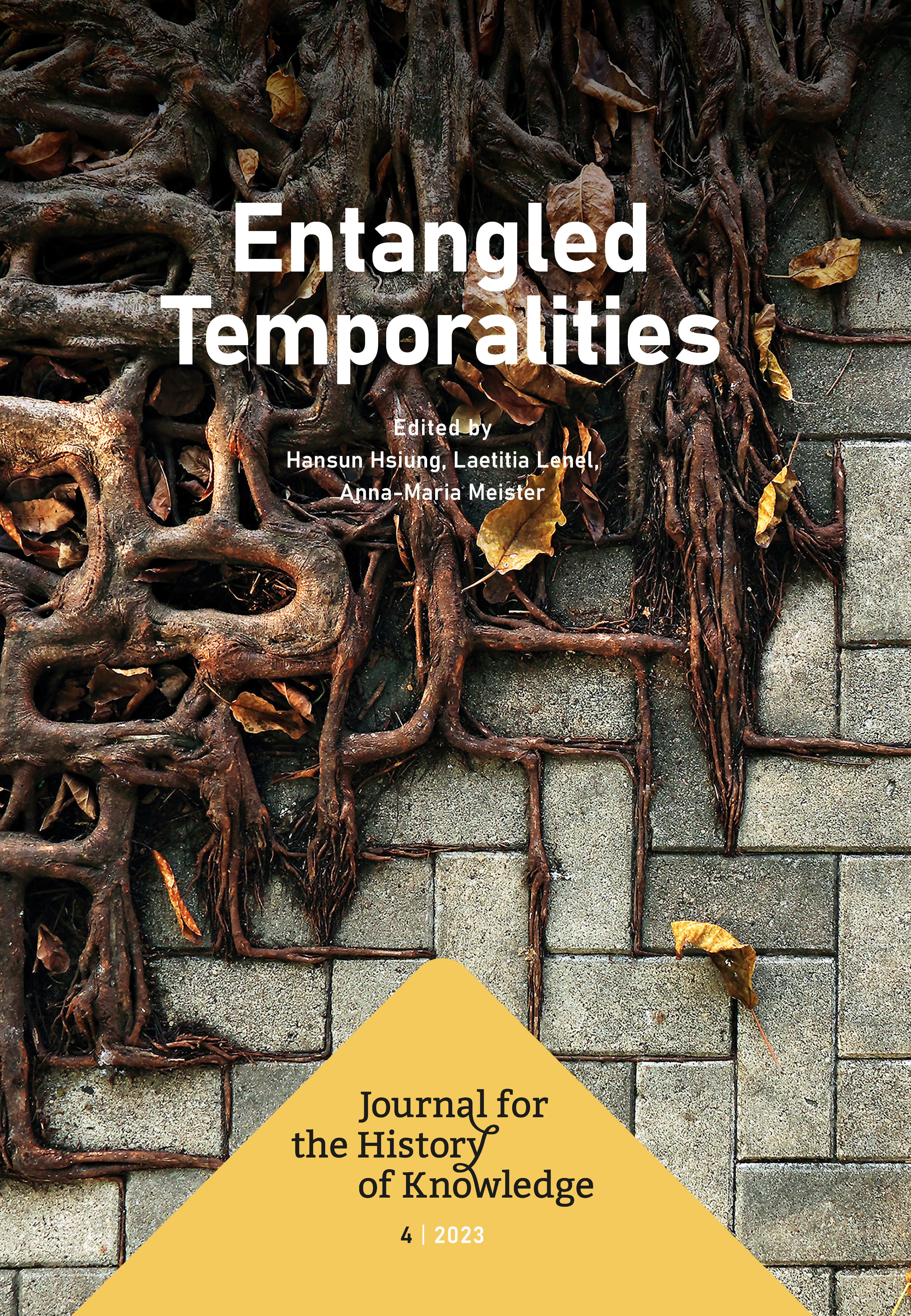Time and Temporalities in Early Modern Chinese Islam
DOI:
https://doi.org/10.55283/jhk.12530Keywords:
time , islam, China, religion, astronomy, practice, philology, translationAbstract
This essay brings to light the intersectionality of Time, Religion and Identity, and the complex relationship with Time and temporality that the history of Islam in China displays. The deeply embedded temporality in Islamic praxis produced expertise in time-making that secured Chinese-Muslims an important place in Chinese society and polity. At the same time, an anxiety arising from the negative effects of the passing of Time prompted Chinese Muslim scholars to come up with methods to negotiate Past, Present and Future and new articulations of Time. This essay focuses on four articulations of Time that materialized throughout the history of Islam in China. The first examines the temporal dimension of Islamic praxis and the inter-fertilization between religion and technologies. The second introduces the philological activities in the sixteenth and seventeenth centuries as a panacea for the loss of the authentic knowledge of the past. The third focuses on Liu Zhi, a prominent Chinese Muslim whose conviction that Time is universal - but can be grasped only through its various local and technical articulations - brought him to employ a matrix system that defined Time through conjunction of dates and natural phenomena. The final part will show how Liu further articulated Time as a teleological construct in his effort to present Islam as relevant and significant for readers in China. It does so by assessing the different temporal registers Liu introduced to position Muhammad and the emergence of Islam as the ultimate and decisive stage of universal Time.
Downloads
Downloads
Published
Issue
Section
License
Copyright (c) 2023 Dror Weil

This work is licensed under a Creative Commons Attribution 4.0 International License.


